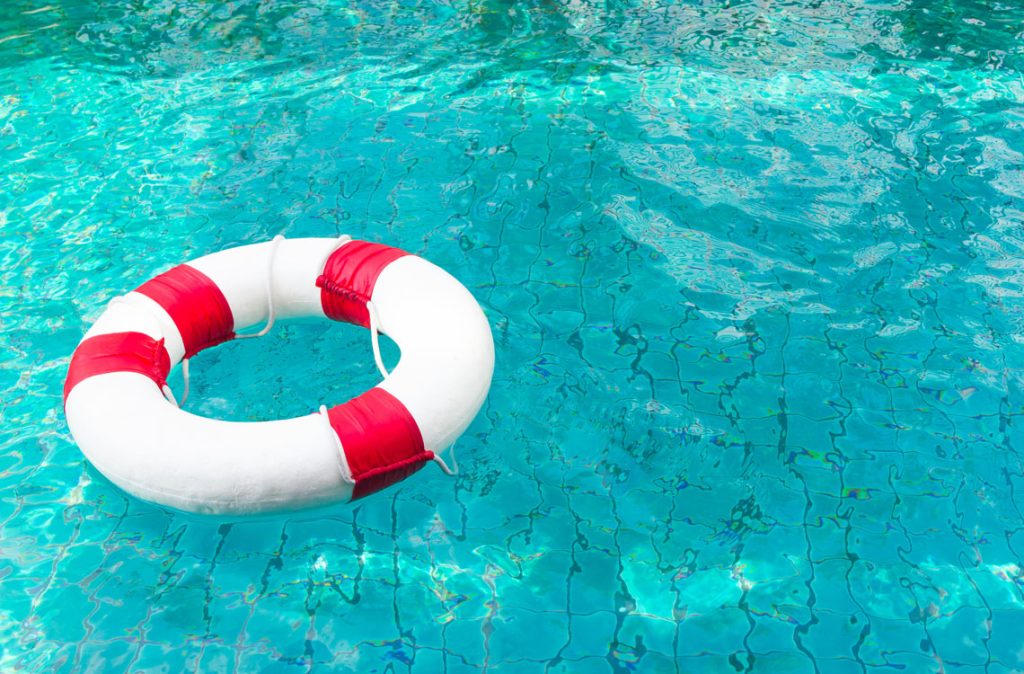There is nothing more ordinary than a Sunday afternoon swim. Pools are where kids burn energy, learn to float, and come home tired and happy.
But what happens when every child’s happy place becomes an unforeseen nightmare?
Last month a routine swim turned into one for a family in Pasir Ris. Their seven-year-old boy was pulled from a condominium jacuzzi after being underwater for over five minutes.
He was intubated and taken to the intensive care unit. This was not a usual slip or trip.
The family and witnesses say the child may have been held by a suction force from the pool’s drainage system.
When a Fun Swim Turns Serious
According to the reporting, the incident occurred in a 1-metre-deep jacuzzi at Seastrand Condominium.
When his mother noticed silence, she found him on the jacuzzi floor. It took three adults working together to free him. It was a tragedy that this happened, but also a miracle, as the boy was saved in time.
The family says the pump beside the jacuzzi had been under maintenance for months and had been worked on just two hours earlier.
The jacuzzi was later shut down while other pools at the condo were reopened.
The boy’s family is currently still waiting for investigations to be concluded so that they know exactly what caused the accident.
The Hidden Risk Beneath the Surface
Not all swimming pools may be risk zones. But the one in this particular story had a hidden danger that very rarely happens in well-maintained pools.
The phenomenon is called suction entrapment.
It happens when the suction from a pool drain or pump creates enough force to hold a swimmer against the outlet.
It can trap a limb, hair, or, in the worst cases, the body. Entrapment is rare, but when it happens, the consequences can be dire.
Industry bodies and safety agencies recommend approved drain covers, redundant drain systems, or safety devices to cut power if a block occurs.
Regular inspection and proper maintenance are essential as prevention measures.
Why Every Second Counts in Water Emergencies
Five minutes is not a random number. Brain tissue is extremely sensitive to lack of oxygen, and the boy was lucky to be rescued when he was.
Irreversible brain injury becomes much more likely after roughly four to six minutes without air.
Survivors sometimes recover, but many face lifelong cognitive or physical impairments.
Knowing CPR is a must, but prevention is always better than cure at the end of the day.
Shared Responsibility Around the Pool
This kind of accident forces an awkward question. Who is responsible?
On one side, we have the condo management. A public swimming pool must always be maintained.
So, do we blame the contractors or even the pool manufacturer for this tragedy? After all, it was their equipment and manpower that failed to protect swimmers.
Some might even be tempted to blame the parents. But please don’t go that route. Trust me, they are already going through enough, so let’s save any negative judgements from one parent to another.
The truth is this entire event should be an eye-opener for everyone.
Facility managements should be more vigilant, while manufacturers should enforce anti-entrapment measures.
And we as parents need to be 10 times more attentive than before when taking our child for a dip in the pool. Remember, safety first – always.
A Gentle Reminder About Pool Safety
Please do not read this as fear-mongering.
Pools are wonderful. But this incident is a blunt reminder of what parents should do every time a child goes near water.
- Keep Eyes on Your Kids: Do not rely on other adults, staff, or a distant lifeguard. Designate a responsible adult as the water watcher and rotate that role.
- Stay within Arm’s Reach: Toddlers and even young children can be weak swimmers. Flotation devices are not a substitute for supervision.
- Check the Pool Area: If you see a missing or broken drain cover, loose grate, or exposed equipment, do not let your child in the water and tell management immediately. Pools with single drains, cracked covers, or visible maintenance issues are riskier.
- Learn the Basics: Get proper CPR training and basic rescue breathing. Seconds count, and early resuscitation can be the difference between recovery and serious harm.
- Ask Questions: In shared residential pools, ask your condo management if the drains and pumps meet local safety codes and what records they have for recent maintenance. If the pool is closed for technical work, treat that as serious and avoid using it until it reopens with a clear explanation.
Keeping Kids Safe, One Swim at a Time
Swimming is a life skill and a joy.
We do not need to stop taking our children to pools.
We do need to treat pool safety like any other daily hazard.
Just remember to watch our children more closely. Ask managers for proof of maintenance and compliant drain covers. And learn CPR, if you aren’t already familiar with it.
The poolside laugh is precious. It is worth being careful to keep it that way.
Disclaimer: The information provided in this article is for informational purposes only and should not be considered as medical advice from Mamahood. For any health-related concerns, it is advisable to consult with a qualified healthcare professional or medical practitioner.
For more insightful stories and parenting advice, stay tuned to Mamahood Singapore!
